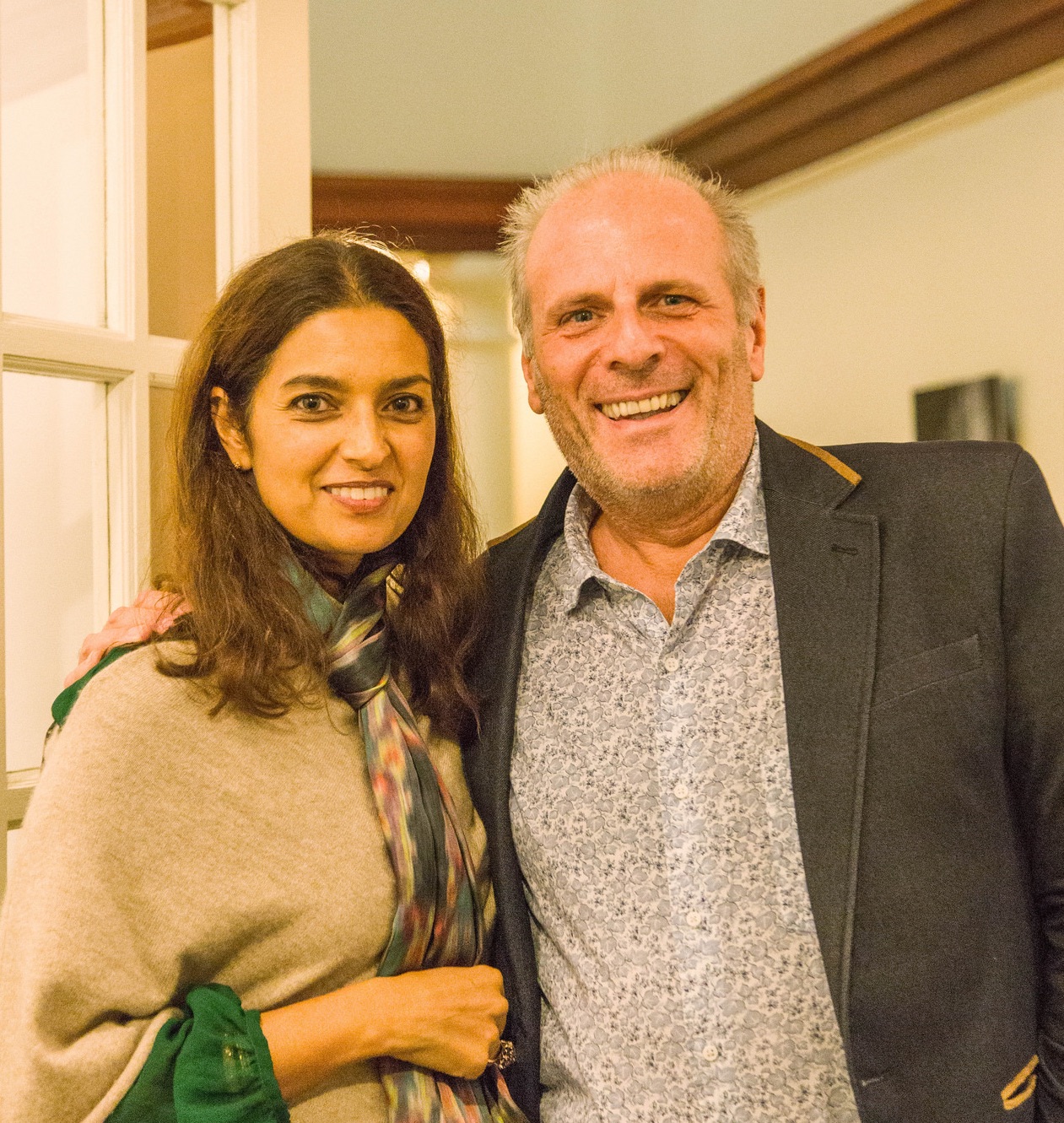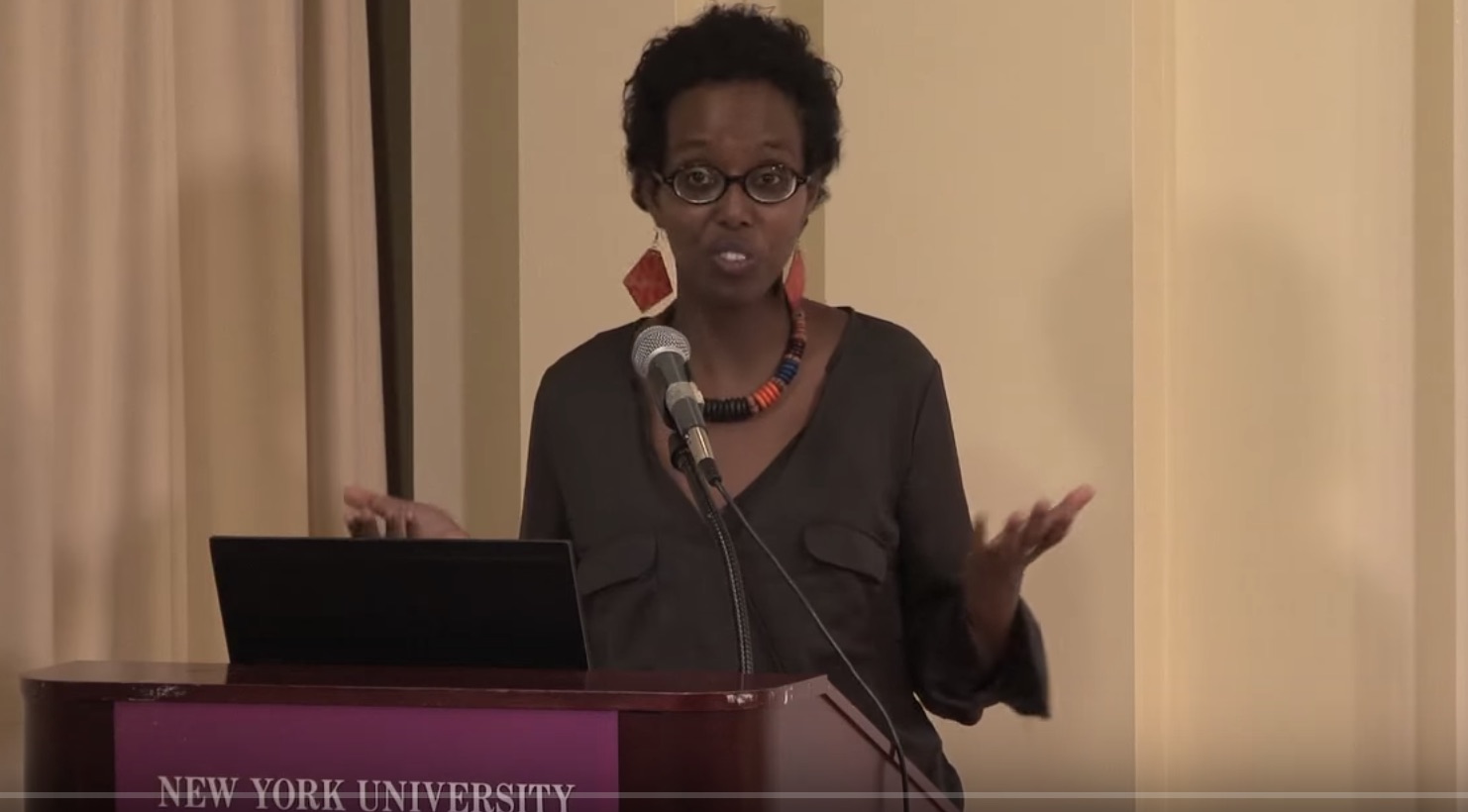Let’s begin with a little test: which of these authors are NOT Italian writers? Pay attention to appearances that could lead you to make a mistake. Barolini, Janeczek, De Lillo, Lahiri, Lakhous, Scego, Talese, Tusiani.
The answer can be found at the end of the article.
So, what does it mean to be an “Italian writer”? Someone who has Italian citizenship? Who is of Italian origin? Someone who lives and writes within the geopolitical boundaries of the Italian Republic? Someone who writes in Italian? And why does it make sense to ask ourselves this question now? Because with the shouts of “Italians first”, they’re trying to make us Italians forget who we are and where we come from. Because for five centuries, from the beginnings of our literature, to our country’s unification, writers have been the only custodians and guardians/guarantors of our national identity that was being ignored, if not mocked, by the great powers of the time. For 500 years, we have all continued to speak our own dialect, but we have all identified with one literary language. Un biculturalismo negato. La letteratura italiana negli USA (Franco Cesati Editore, 2018), is the latest book by Anthony Tamburri (Dean of the Calandra Institute for Italian American Studies, CUNY), and it made me rethink all those questions and it pushed me to search for other answers. The volume, following a substantial theoretical introduction, presents the profiles of five Italian writers (by birth and by training) that live or have lived in the United States. The oldest, Joseph Tusiani, is a ninety-five-year-old gentleman originally from Puglia, with a highly sophisticated classical culture, who writes poetry in Italian, English and Latin, and who first translated Michelangelo’s poems into English and continues to write both poetry and literary non-fiction. Together with Italian-born writers, or those of Italian origin that write in the Italian language in America, there are those (and they are in the majority) that have adopted the English language either by choice or by necessity. For a long time, however, Tamburri noted, these writers remained invisible in Italy and even those who studied “ethnic” American literature systematically ignored the contributions of Italian American writers, even if among them there are legendary names, such as Don De Lillo, Helen Barolini and Gay Talese.

And these are the last names most easily recognizable as belonging to Italian authors, even if you have never read one page of their books. But the matter becomes complicated if we take, for example, the case of Jhumpa Lahiri, born in London from Bangladeshi parents, who completed her studies in the US. Her literary career has been striking: her first book won the Pulitzer Prize, and her subsequent ones have received extraordinary critical and public recognition. But at a certain point, Jhumpa is ready for other challenges, and decides to learn Italian and continue to write in our language. The first volume that she wrote in Italian, In altre parole (Guanda, 2015), tells of this love story with Dante’s language. A few months ago, her first novel written in Italian came out (still with Guanda), Dove mi trovo. Jhumpa and her family live between Rome and Princeton, where she teaches creative writing (in English).

The author of La ragazza con la Leica (Guanda, 2017), winner of the 2018 Strega Prize, is Helena Janeczek, born into a Polish Jewish family in Munich. Her first book was a collection of poems written in German. Her first novel, Le rondini di Montecassino (in Italian), is a monumental homage to the fallen and the survivors of that historic battle, in which young people from all over the world came together and died to free a town that many of them had never even heard of before, from the horrors of dictatorship.

Igiaba Scego is not only a journalist and writer, she’s also Italy’s critical conscience, and its inability to deal with its colonial past. Born in Rome to Somali parents forced to seek political asylum in Italy after a coup d’état by Siad Barre, Igiaba is not only Italian and Somali, she is also very Roman, and nurtures a moving affection and bitter disenchantment for her native city. In her novels and in her stories, there is a recurring theme of ethnic identity and multiple identities that live within the same person.
Amara Lakhous was born in Algeria to a Berber family, and learned Arabic at Koran school, and French at the University of Algiers. When the political situation in his country became unbearable for the opposition, Amara started over in Italy. He wanted to write in Italian, a language that until then he had heard mostly in Italian-style comedy movies, of which he was a big enthusiast.

His first novel in Italian, Scontro di civiltà per un ascensore a piazza Vittorio (Clash of Civilizations Over an Elevator in Piazza Vittorio, 2006) became a literary sensation, followed by about another half dozen novels, in which Amara wisely mixed different genres: from comedy, to mystery, to social novel.
The answer to the question of the little test at the beginning, therefore, is: EVERYONE! Yes, they are all Italian writers, independent of where they were born and their parents’ origins. It doesn’t matter if Italian is their mother tongue, or the second or third language that they’ve learned. It doesn’t even matter where they have decided to live. What matters is that they feel Italian and are Italian. And who knows, perhaps once again in our history, writers are the anticipation of an entire society’s transformation.
Translated by Emmelina De Feo












